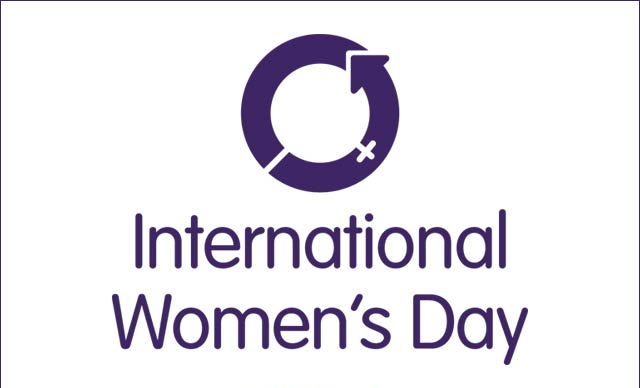
Empowering women to play roles in nation building
Yesterday, March 8, marked International Women’s Day, which is celebrated globally to reflect and recognise progress made by women in nation building, and celebrate their achievements as well.
Advertisement
The global theme for the 2017 celebration is: "Women in the changing world of work: planet 50-50 by 2030". However, Ghana has chosen to mark the day on the theme: "'Economic empowerment of rural women: A tool for sustainable development in a changing world of work."
According to the United Nations, though much progress has been made to protect and promote women’s rights in recent times, nowhere in the world can women claim to have all the same rights and opportunities. The effect of this is that, the majority of the world's 1.3 billion absolute poor are women. On the average, women receive between 30 and 40 per cent less pay than men for the same work.
The African woman, including those in Ghana, has, over the years, fought against poverty, abuse and hardships, among other challenges, in order to survive. Women also continue to be victims of violence, with rape and domestic violence listed as significant causes of disability and death among women worldwide.
Since Ghana’s independence in 1957, the country has been exploring measures to increase women’s participation in governance. This is in recognition of the fact that women’s contribution to labour, productivity and family sustenance can no longer be downplayed, and these justify women's participation in the country’s political process.
According to tentative results of the 2010 Ghana Population and Demographic Survey, women account for at least 51.2 per cent of the population, but since 1992, when the country returned to multi-party politics, their representation in Parliament has not increased in any significant way.
However, in the December 7, 2016 general election, a total of 37 women, [24 on the ticket of the New Patriotic Party (NPP) and 13 on the ticket of the National Democratic Congress (NDC)] were elected to the 275-member Parliament.
At a recent dialogue on the passage of the Affirmative Action Bill in Accra, the immediate past Minister of Gender, Children and Social Protection, Nana Oye Lithur, expressed worry that from 1954 “when we began voting by adult suffrage until 2012, we had never had more than a 10 per cent representation of women in Parliament. It was only after 2013 that we have consistently gone past 10 per cent.”
“It has taken us 60 years to reach 13 per cent representation. does it mean it will take us another 60 years to double it to 26 per cent …?” she asked. Despite these challenges, Ghana has also appointed some women to key positions.
It is obvious that increasing women's representation in the government can empower women and which is necessary for achieving gender parity.
We salute the successes, achievements and the hard work of the many women who work assiduously to make life possible for their families and the people around them. Moreover, it is equally important to encourage ourselves to aim for greater ambitions.
Going forward, women must aspire for greater heights in all their endeavours.
The Daily Graphic believes it is about time the state put in place structures to help women in all sectors of the economy to enable them to partner their male counterparts in nation building.




